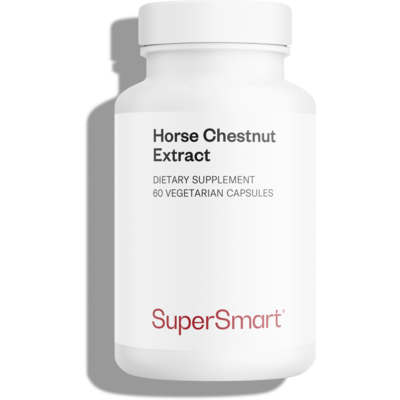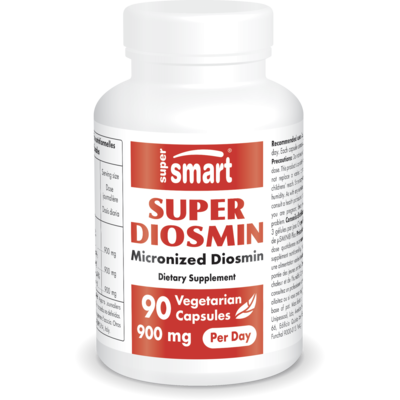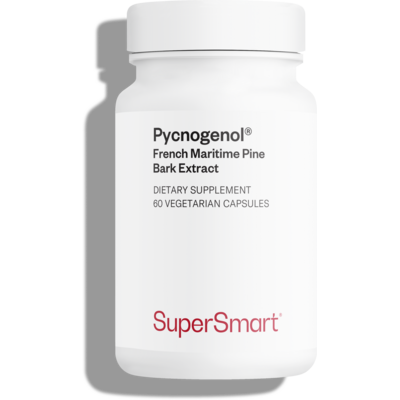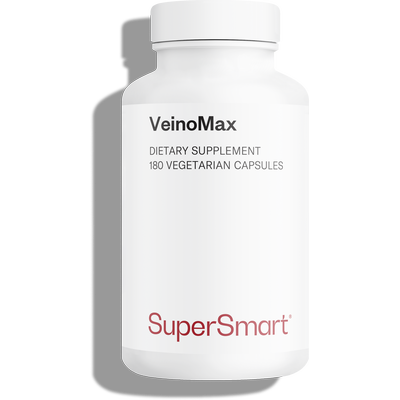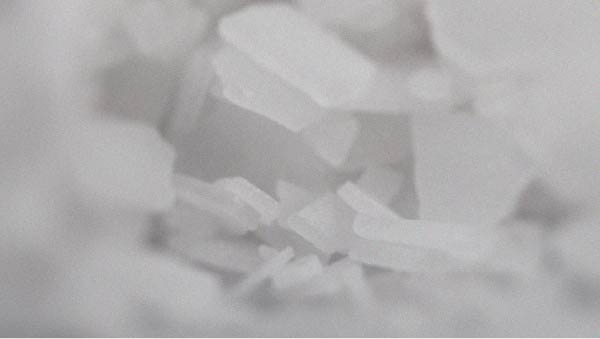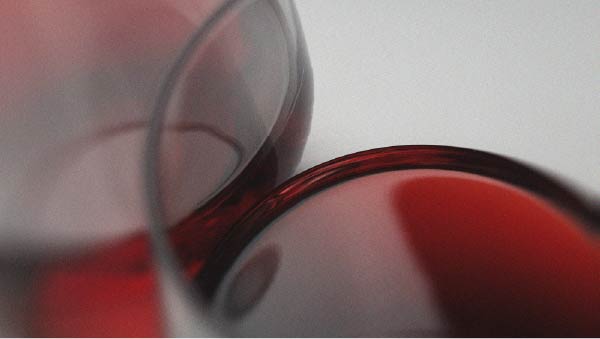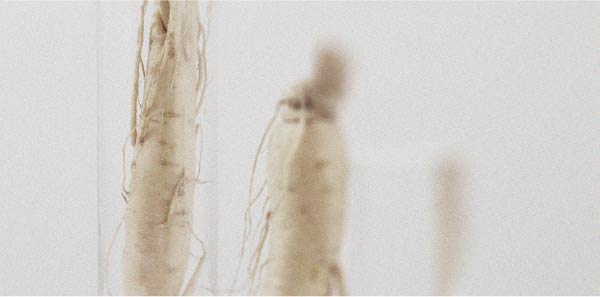Circulation : the 7 best home remedies
Heavy legs, cold feet, swollen ankles at the end of the day, restless legs: these are all signs of venous insufficiency. Discover 7 traditional home remedies for improving the circulation.
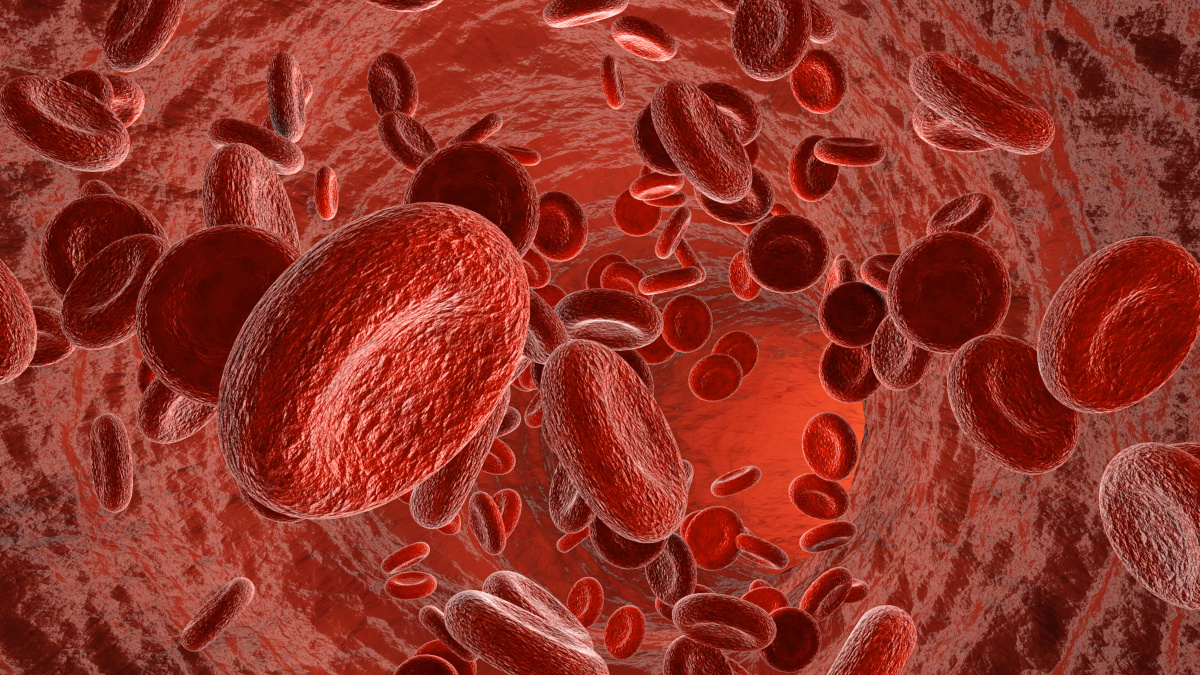
Symptoms of poor circulation
As you know, the heart is a pump. It’s responsible for ensuring good circulation, ie, pumping oxygen- and nutrient-rich blood around the body and then ensuring effective venous return - the flow of blood back to the heart.
Yet it’s precisely the latter - venous return - which is affected by venous insufficiency. We spend a large part of our day sitting or standing, and as a consequence, our circulation has to fight against gravity to ensure venous return from the legs to the heart. The result is that blood ‘pools’ in the legs, producing the sensation of heavy legs. In some cases, it can even lead to edema (1).
Venous return problems are exacerbated by loss of elasticity and tone in the veins, a normal consequence of advancing age which is boosted by estrogen. That’s why it’s women who are most affected by venous insufficiency and poor circulation (2).
Sedentary lifestyles, smoking, pregnancy , air travel, jobs that involve prolonged standing or sitting, excess weight and heredity are also factors that promote venous insufficiency and poor circulation.
It therefore makes sense to adopt lifestyle changes in order to prevent heavy legs. But you can also take advantage of traditional home remedies that are particularly effective for the circulation. Let’s take a look at these natural treatments for supporting healthy blood flow.
Raise the legs to encourage venous return
The first home remedy for poor circulation is just plain good sense: since venous return is made more difficult by gravity, all you need to do is elevate your legs to re-establish good circulation and make the legs feel lighter.
Simply lying down with your feet against a wall for a few minutes is enough to combat the feeling of heavy legs.
Lemons and poor circulation
Lemons may help thin the blood, and importantly, they contain flavonoids which are thought to play a role in blood vessel tone. This is due, in particular, to their high content of diosmin, a flavonoid pigment with venotonic and vasotonic properties (3).
The second home remedy for poor circulation, therefore, is to simply prepare a drink made from lemon juice and water, and drink it 2-3 times a day, just before a meal, for example.
Red vine leaf for combatting heavy legs
Rich in oligo-proanthocyanidins, flavonoid tannins also found in maritime pine bark, red vine leaf is known as the ‘circulation plant’ (4).
And with good reason: red vine is recognized by the European Medicines Agency for treating chronic venous insufficiency and its symptoms.
It’s traditionally used in herbal teas for supporting the circulation. Drinking an infusion of dried leaves, 2 to 3 times a day, should therefore help to prevent heavy legs.
However, its high content of oligo-proanthocyanidins may cause interactions with blood thinning medications so you should always consult your GP before considering red vine for your circulation.
Witch hazel for improving blood flow
Hamamelis, or witch hazel, is a hardy shrub which, through the venotonic properties of its tannins and flavonoids, supports vascular and vein health.
Perfect for preparing herbal teas for the circulation, witch hazel is a valuable aid widely used as a natural remedy for problematic venous return.
Horse chestnut, a recognized venotonic
Extensively-studied for many years, horse chestnut seeds are recognized for their venotonic properties. These are largely due to one of its active ingredients: aescin.
Traditionally used in infusions, alcohol tinctures or decoctions, horse chestnut can now be easily ingested in the form of a dietary supplement (such as Horse Chestnut Extract) (5).
Green clay compresses to lighten the legs
Our grandmothers valued green clay for increasing the tone of vein walls and promoting decongestion of tissues.
The principle is to prepare a poultice from green clay and water (to which you can add essential oils) and apply it as a compress to the legs and/or ankles in order to stimulate venous return.
Essential oil massages to encourage good circulation
As an adjunct treatment for heavy legs, you can also use massage to reenergise the circulation.
For this, it’s a good idea to prepare specific blends beneficial for blood flow: mix a few drops of essential oils good for the circulation - peppermint, Eastern redcedar, cypress, rosemary, etc - with a neutral vegetable oil (such as coconut oil).
Bonus: synergistic formulations
Finally, it’s worth noting that there are synergistic supplements which combine various of the above-mentioned active ingredients (tannins, flavonoids, anthocyanidins, etc) to promote healthy circulation and thus restore the feeling of light legs (such as the product Veinomax).
SuperSmart ADVICE
References
- PATEL, Shivik K. et SUROWIEC, Scott M. Venous insufficiency. 2017.
- EVANS, C. J., FOWKES, F. G. R., RUCKLEY, C. V., et al.Prevalence of varicose veins and chronic venous insufficiency in men and women in the general population: Edinburgh Vein Study. Journal of Epidemiology & Community Health, 1999, vol. 53, no 3, p. 149-153.
- MAKSIMOVIĆ, Ž. V., MAKSIMOVIĆ, M., JADRANIN, D., et al.Medicamentous treatment of chronic venous insufficiency using semisynthetic diosmin: a prospective study. Acta Chirurgica Iugoslavica, 2008, vol. 55, no 4, p. 53-59.
- CESARONE, M. R., BELCARO, Gianni, ROHDEWALD, P., et al.Rapid relief of signs/symptoms in chronic venous microangiopathy with Pycnogenol®: A prospective, controlled study. Angiology, 2006, vol. 57, no 5, p. 569-576.
- PITTLER, Max H. et ERNST, Edzard. Horse chestnut seed extract for chronic venous insufficiency. Cochrane database of systematic reviews, 2012, no 11.
Keywords
4 Days
great products and prices
great products and prices
Marie
9 Days
Easy to navigate site
Easy to navigate site, had what I was searching for, good price. easy order-check out
James Tucker
16 Days
My skin is clearing up nicely!
Pretty good for my skin so far.
Christian
18 Days
The new packaging is excellent
The new packaging is excellent - finally! No more squashed boxes and torn envelopes.
GORAN
19 Days
Great Product
Great Product
Larry Garrett
23 Days
Quick shipping
Quick shipping; good price. No issues!
Mary McCarty
24 Days
Thr product is very good and is helping…
Thr product is very good and is helping me on my health. Then is always on time
LUGO Luz
27 Days
Buying was fine
Buying was fine. I had problems with the website not recognizing my login info, and had to call to get it fixed. Other than that, everything was good.
David S. Clark
27 Days
Your super maca and super ginseng are…phenomenal
Your super maca and super ginseng are phenomenal supplements that compliment each other when taking them together. Fantastic feeling of well-being and lots of mid day energy without the crash.
Keith Mason
30 Days
I have had amazing results with every…
I have had amazing results with every supplement I've purchased. I am extremely satisfied with this company
kirstin Torres
30 Days
Fine products
Fine products . They are on the leading edge of online supplements. The only issue -so far-is they sometime run out of subscription items.
Jason Argos
33 Days
The ordering process is very user…
The ordering process is very user friendly and the products always come in a timely manner.
CARTER Rhonda
34 Days
The price for Dr
The price for Dr. Pero's AC-11 is reasonable and in line with his views. (my former colleague). Keep it pure.
CAMPBELL Clayton
37 Days
Right on every time.
Right on every time.
Arthur Nicholas
39 Days
They are cheaper than everyone else and…
They are cheaper than everyone else and the shipping was fast. Great company.
Patricia Adams


